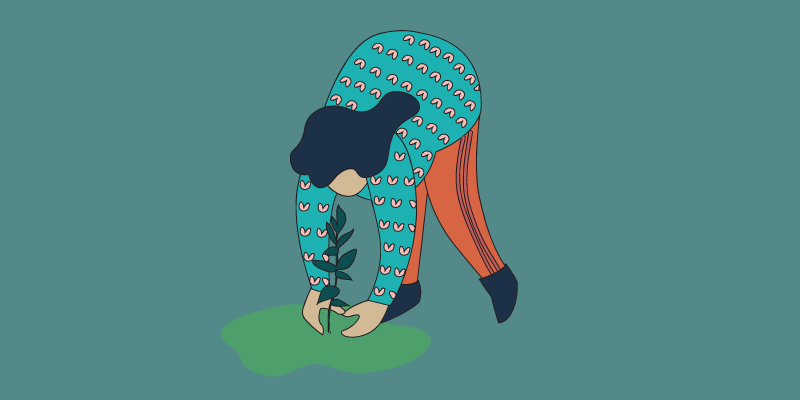We know that there is not one single path to achieving a global shift in women’s land tenure security.
At a minimum, it is going to take:
- Continued advocacy and activism at global, regional, and national levels.
- Policy, law, and regulation reforms that take the best from both economic development and rights-based approaches.
- Effective grievance and enforcement mechanisms at all levels that work for women and men equally when rights are threatened or violated.
- Connecting women’s land and property rights to the global movement for gender equality and economic justice – and addressing the shared core issues of women’s social, political, and economic exclusion.
- Meaningful investment in interventions that improve women’s land and property rights.
- Evidence-based standards for how laws, policies and programs should be implemented so that they make a positive difference in women’s lived experience.
And…
- A critical mass of technical experts who are willing and able to tackle the complexity, interconnectedness, and ubiquity of women’s land tenure insecurity.
That’s what we’re aiming for with the Women’s Land Rights Institute, which we’re launching this week at Resource Equity.
The Institute will integrate theory, innovation, evidence, and best practices on women’s land rights into a 10 week long, online course. The 90 minute weekly sessions will explore what works (or what can work) to meaningfully advance women’s land and resource rights and address gender inequality in land tenure governance and systems. There’ll be dedicated time for interaction with course leaders and other students. It will also feature a seminar series, where experts will share diverse technical or contextual perspectives on tackling land and resource related issues for women (e.g. indigenous women, land administration, collective resources, climate change, etc.)
We’ve designed the course to challenge students’ preconceptions and also to provide a strong evidentiary basis for promoting change. It will integrate theory but will be heavily geared towards practice so that by the end of the course, students will know how to analyze gender issues in laws, policies, and programs; understand what has/could work to address those issues in a real way; and know how to design policy and program solutions that equally serve women’s and men’s interests and needs from land and resource reforms.
Learn more about the course and register your interest here.
We believe that we all gain when we work and learn together. The Institute will be an important space where we can strategize on how to move the needle on women’s land rights, and take a step towards making positive change in women’s lives.

